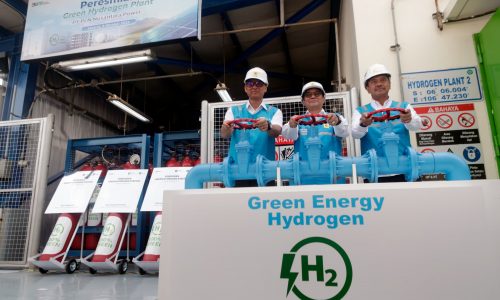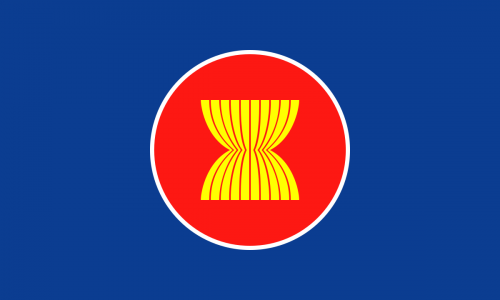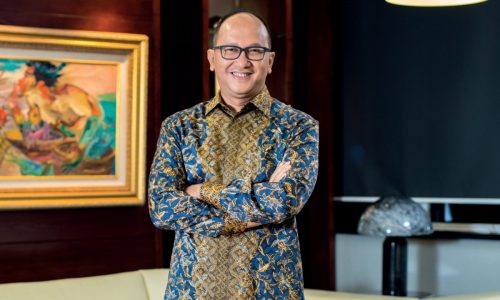A recent report by Coal Havens assessed coal policies among the 30 largest banks in the Philippines, India, Indonesia, Japan, Malaysia, South Korea, Singapore, Taiwan, and Thailand, which manage total assets exceeding US$ 8 trillion. The study revealed that major Asian banks either lack or have weak coal exclusion policies. Meanwhile, a BankTrack report found that corporate financing remains a preferred option for building new coal infrastructure, indicating gaps in coal exclusion policies.
This provides leeway for the banking industry to continue financing new coal projects, despite global consensus to transition away from fossil fuels, as agreed upon at the COP 28 Climate Change Summit in December 2023.
Will O’ Sullivan, Climate Campaigner at BankTrack, expressed concern that the diminishing coal industry still receives funding from major banks in the Asia-Pacific region.
“Investors in Indonesia and multilateral banks such as the World Bank and IFC are still opening the door to climate damage when they should be distancing themselves from coal,” stated Will, on January 24, 2024.
A notable policy gap is observed in the sustainability policies of private sector lending institutions like the World Bank’s International Finance Corporation (IFC), particularly regarding captive coal-fired power plants (PLTU).
The IFC has adopted the “Green Equity Approach” (GEA), encouraging clients to reduce exposure to coal projects to near-zero by 2030. However, this policy does not include captive coal-fired power plants used for industries such as mining, chemicals, cement, smelters, etc.
Agung Budiono, Executive Director of the Indonesian CERAH Foundation, highlighted that Indonesia’s financial regulatory authority, Otoritas Jasa Keuangan (OJK), is in the final stages of formulating the Sustainable Finance Taxonomy, also known as green taxonomy.
However, in the latest draft, captive coal-fired power plants are categorized as a transitional sector.
“OJK needs to have a more forward-looking perspective on sustainable financing, and PLTU captive should not be classified, even if no longer green but rather transitional,” he emphasized.
Agung emphasized that the tightening of coal financing from external sources is perceived as an opportunity for national banks to finance the coal sector.
However, national banks should view financing fossil energy, especially PLTU, as a future risk, commonly known as a stranded asset.
Indonesia is among the countries that have launched the Just Energy Transition Partnership (JETP) agreement, excluding emissions data from captive coal-fired power plants in the Comprehensive Investment and Policy Plan (CIPP) 2023.
Including this data would significantly increase Indonesia’s emission projections, making it challenging to achieve the initial decarbonization targets of JETP.
On another front, the Financial Services Authority (OJK) is considering labeling captive coal-fired power plants as transitional in the Indonesian Sustainable Taxonomy if used to produce materials considered vital for energy transition.









